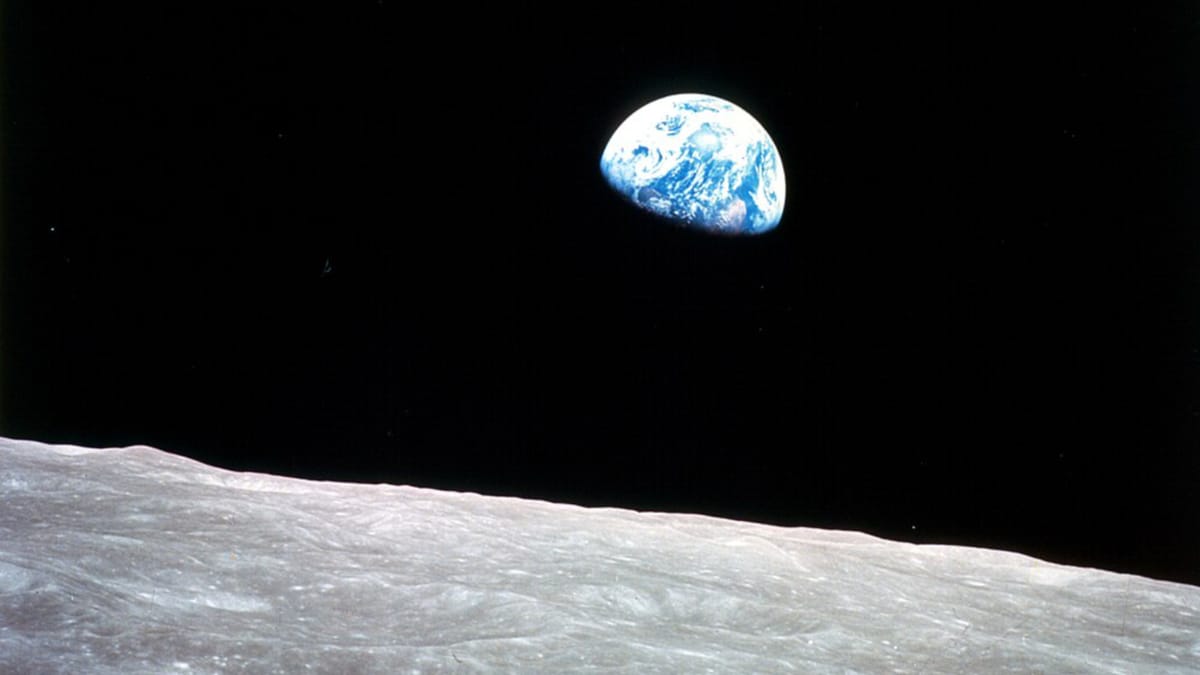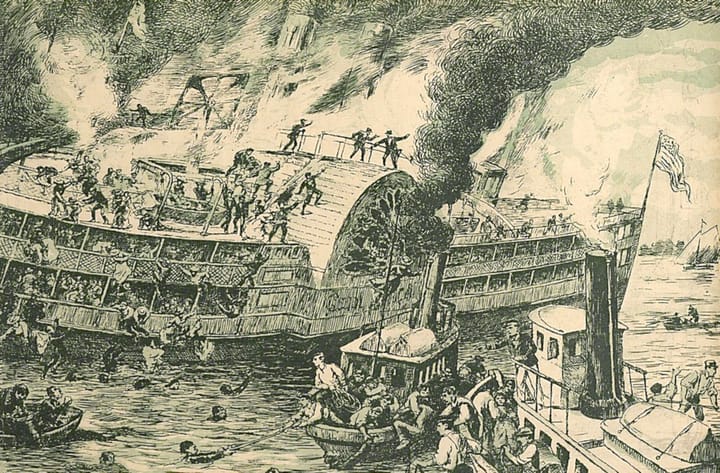This may be a good time to recall 1968, good and bad.
Here are some things that were going on during those 12 tumultuous months.

History is an inexact discipline. Any and every attempt to draw a parallel, or point to a similarity, or reason by analogy to past events is by definition flawed and imperfect. Every time one does this, someone can say, “Well, yes, but that was different because…” and they’re always right. This article is not an analogy, a prediction, or a parallel. It’s a series of thoughts about the past that might have relevance to this time, mid-summer 2024. Or it might not. Today I’m simply a teacher, not an analyst, futurist, prognosticator or therapist.
In 1968, many people in America, and elsewhere around the world, believed—not without reason—that their societies, and indeed the entire world order, was falling apart. It was an election year in the United States and from the very beginning the political story unfolding proved to be divisive, vituperative and harrowing. The U.S. had been embroiled in the Vietnam War for many years and for many complex reasons, but its most intensive phase, involving direct application of American combat troops, had been going on since President Lyndon B. Johnson escalated the conflict in July 1965. He’d hoped it would be over by the time the election season began. Some of his commanders, such as General William Westmoreland, had told him it likely would be. But once there, Johnson felt he was stuck. Abandoning South Vietnam to takeover by the Communist North was, for him, unthinkable. So he stayed, America stayed, and paid the price.


